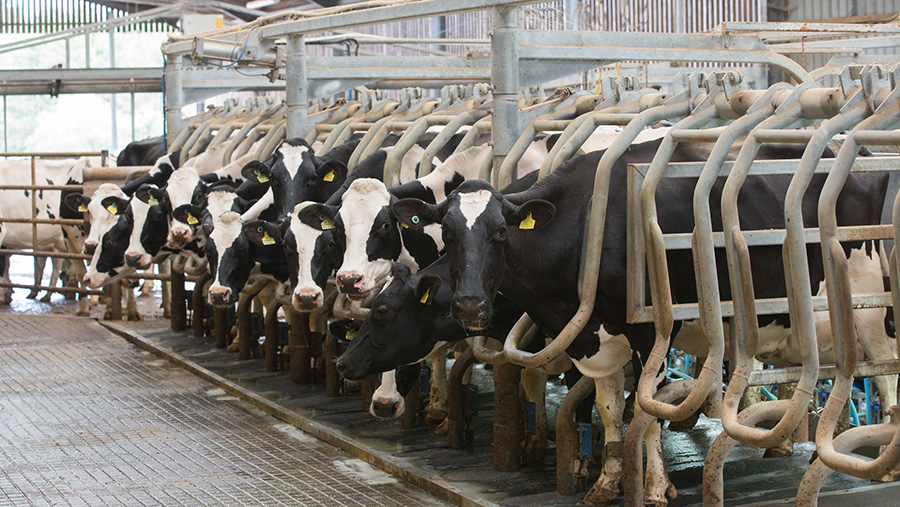Control milk supply in price crisis, says Tenant Farmers Association
 © Tim Scrivener
© Tim Scrivener Tenant dairy farmers have demanded a Europe-wide scheme to control milk production when markets crash.
The Tenant Farmers Association (TFA) has proposed a system to replace the defunct quota regime and rein in output if prices collapse.
Similar schemes have already been suggested before EU farming ministers meet on 14 March, when the commission will unveil its plan for dealing with the current crisis.
See also: Pressure mounts on EU to intervene in farming crises
TFA national chairman Stephen Wyrill said global factors were at play — but the government could be doing more.
He said supply management should be reintroduced, alongside more promotional work from the levy boards, better public procurement policies, and stronger powers for the supermarket watchdog.
“Although it is politically incorrect to say so, the TFA believes that we need to think again about supply control on a European basis,” he said.
“Whilst milk quotas were something of a blunt instrument, it must be possible to have a package of measures which allows us to control production at times like this, when prices are low and the pressure on production is to increase further.”
The TFA’s solution matches measures proposed last week by Brussels-based think tank Farm Europe.
The group of former national and EU farm policy experts said the commission should launch an insurance fund for companies needing credit to export.
It should also fully consider a scheme that would incentivise farmers to drop production for a limited time when prices slumped.
Such a plan would have been better use of the €500m of emergency cash the EU paid direct to farmers last autumn, the think tank said.
Countries had until 25 February to send their suggestions to the commission.
The French government has been trying to gather support from other nations for a package of measures.
A six-page memo from farm minister Stéphane Le Foll included a scheme to pay farmers for cutting back and a temporary rise in intervention-buying prices.
Lobby group the European Milk Board has been calling for a new supply management scheme since before quotas expired in spring 2015.
In February Commission president Jean-Claude Juncker called the EMB’s suggestions “unrealistic”.
Farm commissioner Phil Hogan has repeatedly rebuffed calls for stronger action, believing the existing tools secured the promised “soft landing” after quotas.
The EU is able to open private storage aid, which pays dairy firms to keep products off the market, or start intervention-buying, which kicks in once prices hit a certain level.
